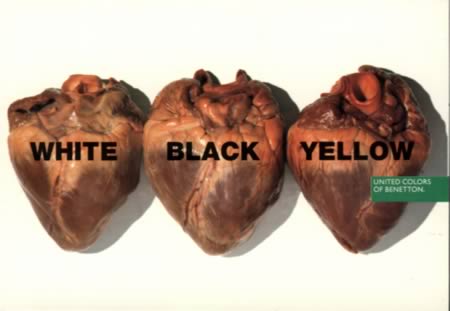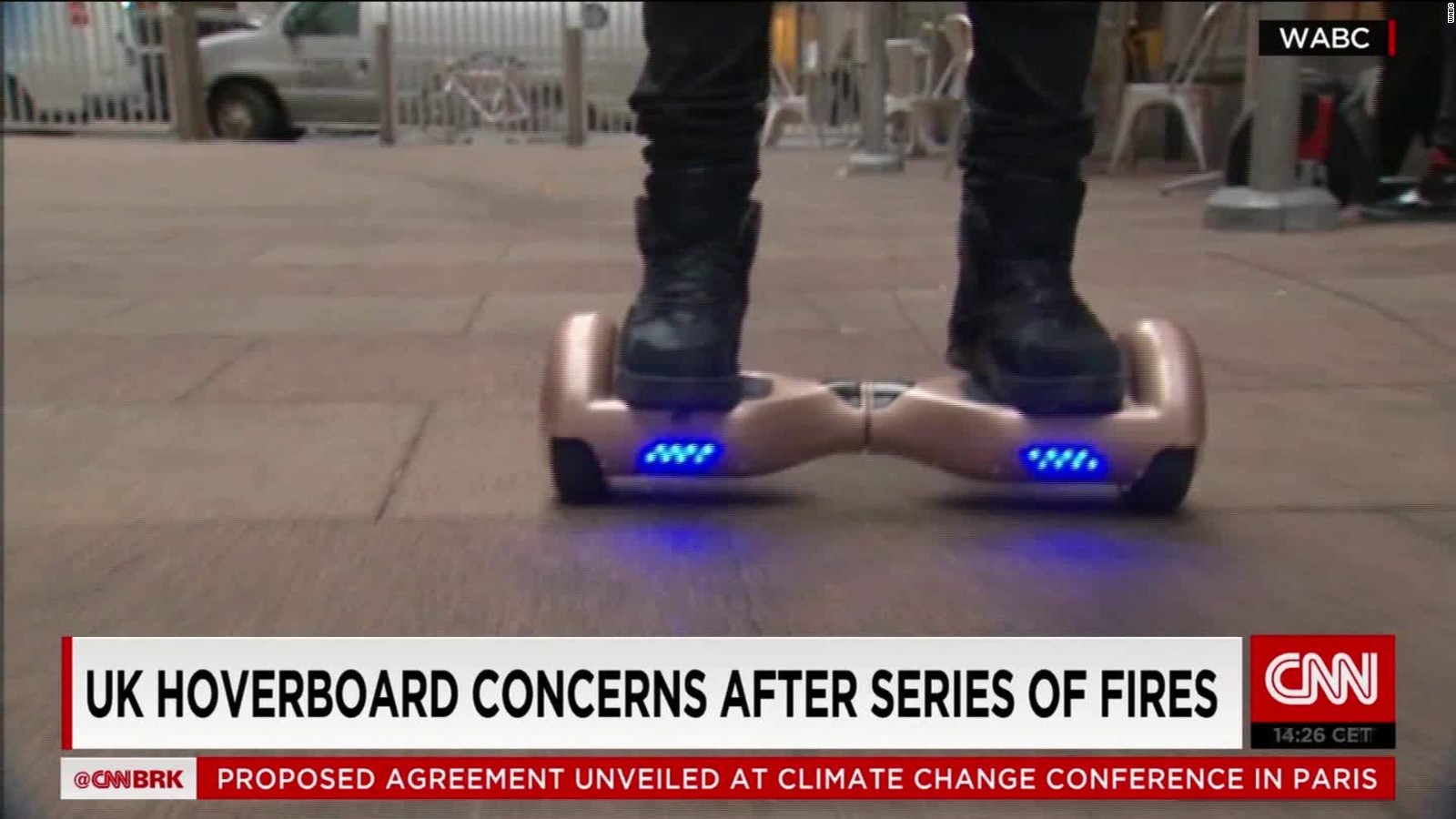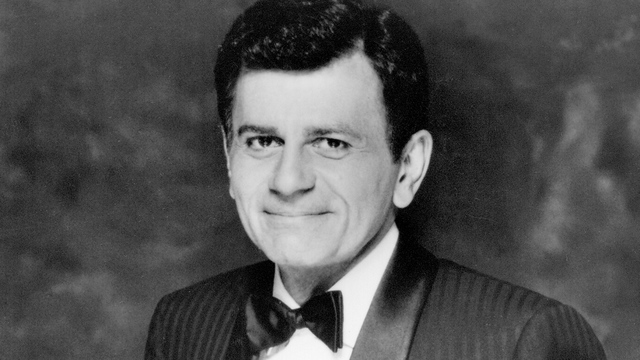Benefits of Buying a Used Car
As mentioned earlier, there are several good reasons to consider buying a used car, including ample selection and the improving reliability of older cars. But the main attraction for used-car buyers is still affordability.
Price
Buying a new car is definitely more
expensive than buying a used one. In fact, the price spread
between new and used is widening. The latest figures
available from CNW Marketing Research indicate that the
average transaction price, before taxes and fees, on a new
car in 2011 was $29,916. The average used car transaction
was $9,297 during that same time period. This spread has
increased nearly 20 percent since 2008. Unless you decide to
lease, your initial costs on a new car will be hefty.
Financial institutions typically require down payments of
about 10 percent on a new-car loan, but it helps to add
more. If you pay less money up-front, your monthly payment
will be higher.
Two other key considerations may tip the balance in favor of
used cars: certification programs and new-car depreciation.
Certification Programs
Another trend that makes buying
used a better option is the proliferation of certified
pre-owned programs. The idea started with luxury brands such
as Lexus and Mercedes-Benz. Today, most manufacturers have
instituted these programs.
General benefits of CPO cars include:
- Manufacturers usually consider only late-model, relatively low-mileage used cars and trucks with no history of major damage for their certification programs.
- CPO vehicles undergo a rigid inspection process of mechanical and cosmetic items before they obtain certification.
- CPO vehicles are normally covered by a warranty that extends beyond the original factory warranty. The warranty often includes the same features as a new-vehicle warranty, such as roadside assistance.
- Several manufacturers offer special financing on CPO vehicles, usually at lower rates than those on new-car loans or the typical, higher used-car loan rates.
Buyers should be aware that they pay more for a CPO car than for a regular used car, but the higher price may be worth it for the extra coverage and the peace of mind they receive.
Avoiding Depreciation
Once you drive your new car off the dealership lot, its value will drop immediately in your early years of ownership. On mainstream vehicles, expect your new car to lose at least 30 percent of its value in the first two years of ownership.
 Calgary's Very Own
Calgary's Very Own 


_(720p).jpg)
 OFFICIAL HD MUSIC VIDEO.jpg)
.jpg)


























































































.jpg)




























